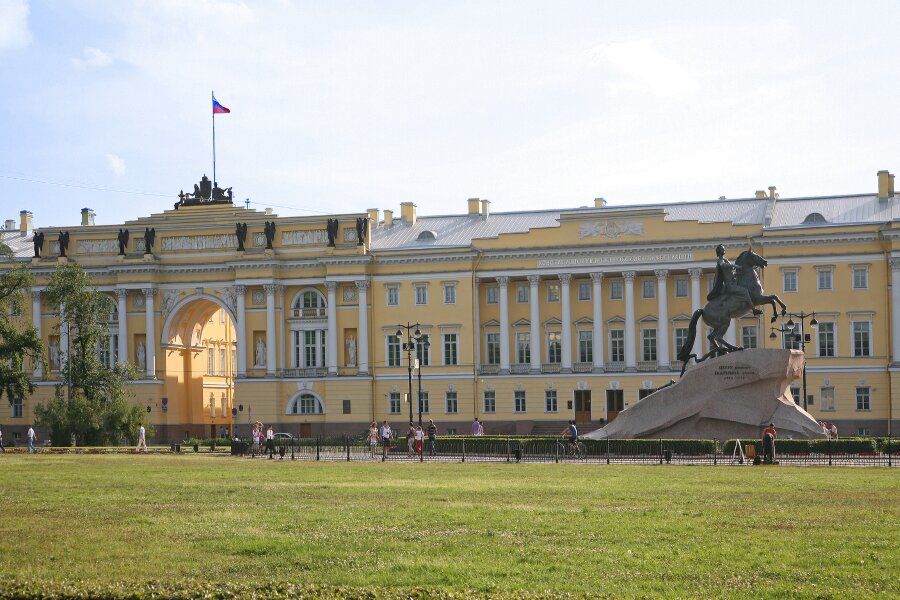In a move widely condemned as a significant retreat from its international human rights obligations, Russia finalized its withdrawal from the European Convention for the Prevention of Torture and Inhuman or Degrading Treatment or Punishment in early October 2025. President Vladimir Putin signed the denunciation law on September 29, formalizing a decision that further isolates Russia from European human rights oversight mechanisms. The withdrawal effectively terminates the mandate of the Council of Europe's Committee for the Prevention of Torture (CPT) within the Russian Federation. The CPT is a unique and proactive human rights body, established by the convention, which grants independent international experts the authority to conduct regular, unannounced visits to any place of detention within a member state's jurisdiction. This includes prisons, police stations, psychiatric hospitals, and immigration detention centers. The purpose of these visits is not to adjudicate individual complaints but to assess the treatment of persons deprived of their liberty and to work with national authorities to strengthen protections against torture and ill-treatment.
Russia's decision to withdraw from the convention is a direct consequence of its expulsion from the Council of Europe in March 2022 following its full-scale invasion of Ukraine. While its membership in the broader organization was terminated, Russia had remained a party to several key human rights treaties, including the anti-torture convention. This final step severs one of the last remaining formal links to the continent's human rights architecture. The move has been met with alarm by human rights organizations, who view it as a deliberate effort to shield Russia's detention system from international scrutiny at a time of increasing internal repression. Without the CPT's monitoring mechanism, there are grave concerns that the risk of torture and other forms of ill-treatment in Russian detention facilities will increase, with little to no possibility for independent, external oversight. The withdrawal is part of a broader pattern of Russia disengaging from international legal frameworks that it perceives as intrusive or critical of its domestic policies.



